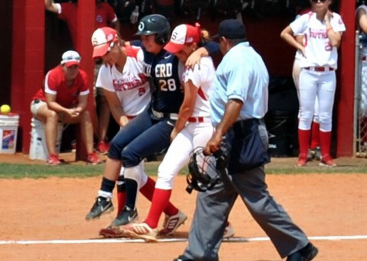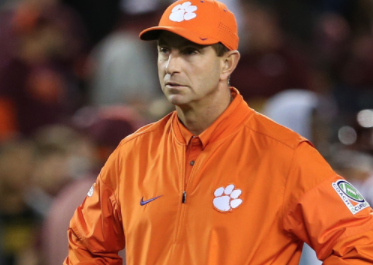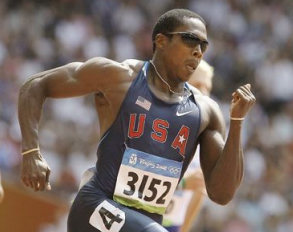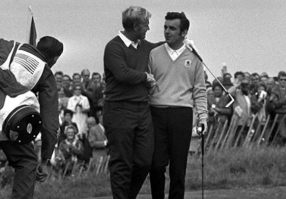5 Examples of Good Sportsmanship
Playing sports isn’t just about physical development. When kids play sports, they’re learning valuable life lessons they can apply to their entire life. Each week at i9 Sports®, we integrate one of our nine sportsmanship values into practice and game day across all age groups to emphasize the importance of good sportsmanship.
In addition to learning on the field, kids can learn good sportsmanship from athletes they see on television. When you’re watching college or professional sports with your child, take a moment to call out examples of positive sportsmanship you see to reinforce these values. Here are a few of our favorite examples of good sportsmanship:
1. Softball Players Carry Injured Player Around Bases
In a 2014 college softball game between Eckerd College and Florida Southern College, Kara Oberer (Eckerd) was up to bat and hit a three-run home run off of Chelsea Oglevie (Florida Southern). This was Oglevie’s last pitch of her college career, as she was a senior and graduating that year.
As Oberer was rounding the bases and celebrating her home run, her knee buckled and she fell. That’s when Oglevie and a teammate stepped in and carried Oberer from second base to home plate to complete her run.
Seeing competitors show humility and respect for their opponent, regardless of the result, is a tremendous act of good sportsmanship.


2.Players and Coaches Congratulate Each Other Out of Respect
Defending NCAA Football National Champions, the Clemson Tigers, played Syracuse University in 2017 and lost. Despite the tension and the close score, throughout the game there were several moments of sportsmanship between the players on and off the field. However, it was what happened after the game that truly stood out to us. After the game concluded and both teams had gone into their respective locker rooms, Dabo Swinney, Clemson’s head coach, walked into the Syracuse locker room to congratulate the players and coaches. One player mentioned “to be knocked down like that, but have the humility to come over and congratulate us when he didn’t have to and no one expected him to, I think that says a lot about who he is as a person and a coach.” That act of sportsmanship is something that likely won’t be forgotten by Syracuse’s players and coaches anytime soon.
3. Kind-hearted Gesture of Celebrations
In the 2008 Olympics in Beijing, American sprinter Shawn Crawford finished fourth place, behind winner Usain Bolt of Jamaica, Churandy Martina of the Netherlands Antilles, and Wallace Spearmon of the United States. As the race concluded, it was determined that Spearmon and Martina were disqualified due to a technicality and as a result Crawford went from fourth place to second, receiving a silver medal. After the Olympic Games, Crawford sent a package to Martina with the silver medal and the note: “I know this won’t replace the moment, but I want you to have this, because I believe it’s rightfully yours!” While Crawford knew on paper that he would be listed as winning the second place medal, he recognized the effort that Martina had put into the race.


4. Saying Goodbye During The Final Game
Derek Jeter will always be remembered as one of baseball’s greatest players. However, it isn’t just due to his on-field skills, but also because of his leadership and determination. After he played the final game of his career against the Boston Red Sox, Jeter personally walked around and said goodbye to every single opponent player. In recognition of his skills and sportsmanships, the Red Sox also brought out many of their other stars and Hall of Famers to make sure he received a hero’s farewell.
4. Seasoned Professional Showing Good Sportsmanship Toward Less Experienced
During the 1969 Ryder Cup in England on the final hole of the final match, Jack Nicklaus conceded a short par putt to Tony Jacklin, halving the hole, halving the match, and halving the Cup. After picking up Jacklin’s marker, Nicklaus said, “I don’t think you would have missed it, but I wasn’t going to give you the chance, either.” More than 50 years later, the story is known as “The Concession” and is considered one of the greatest acts of sportsmanship in history.
We believe that teaching sportsmanship values starting at a young age helps kids become not only better athletes, but better people too. You can learn more about the sportsmanship values we teach here. Want your kids to start learning the value of sportsmanship? Find your local i9 Sports® program and get started!
